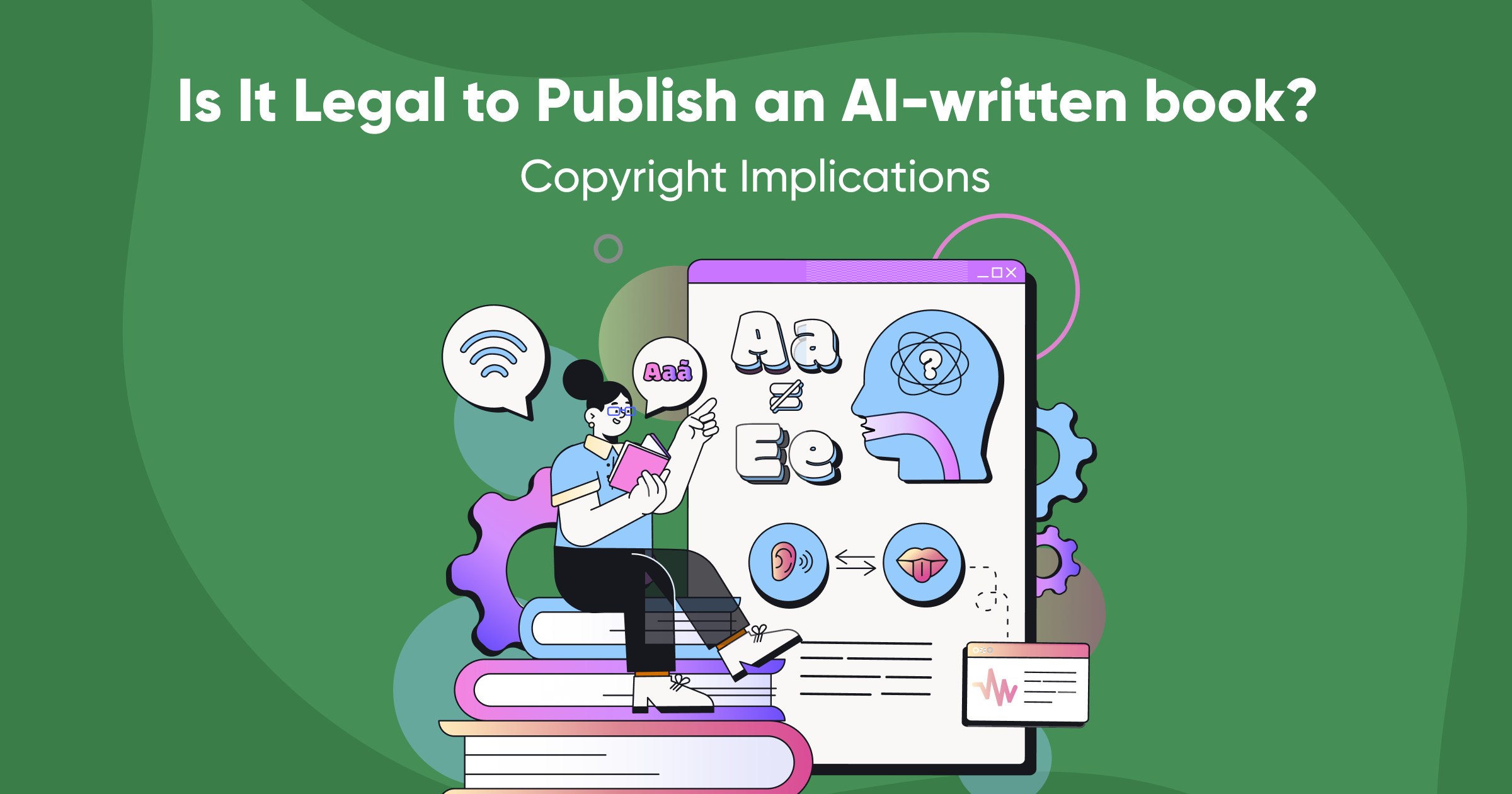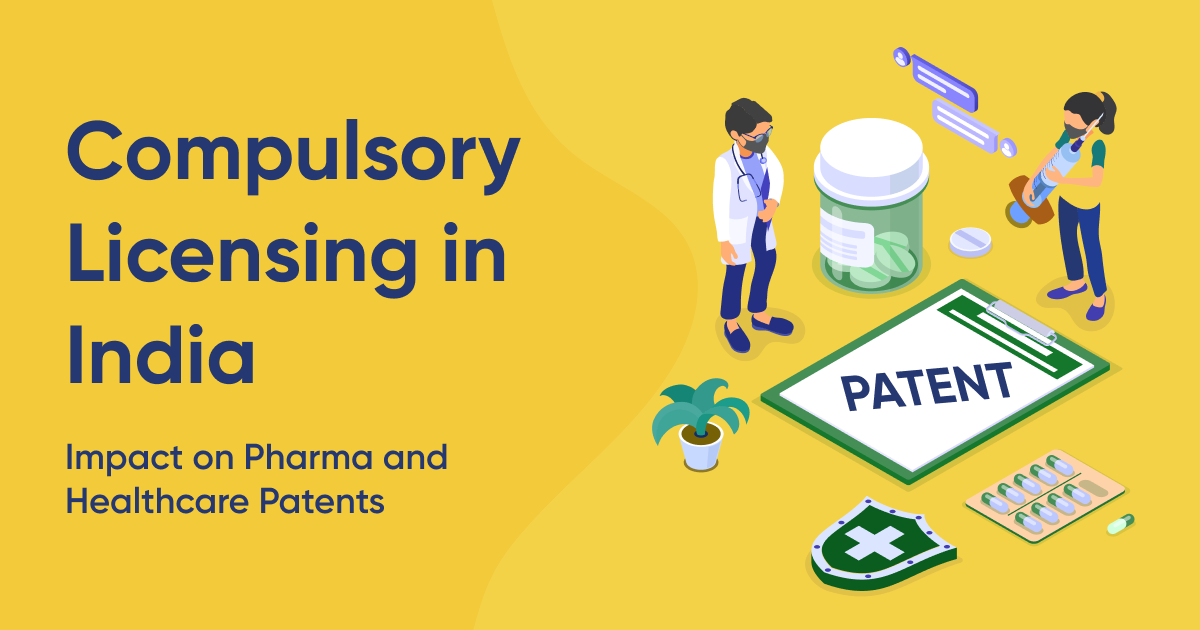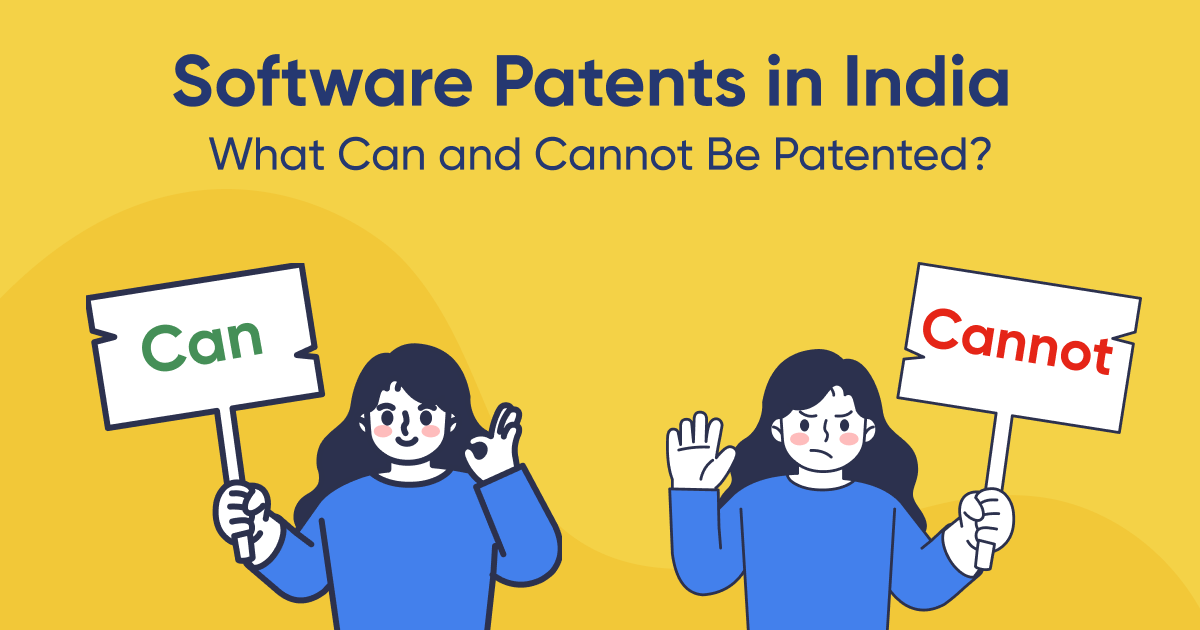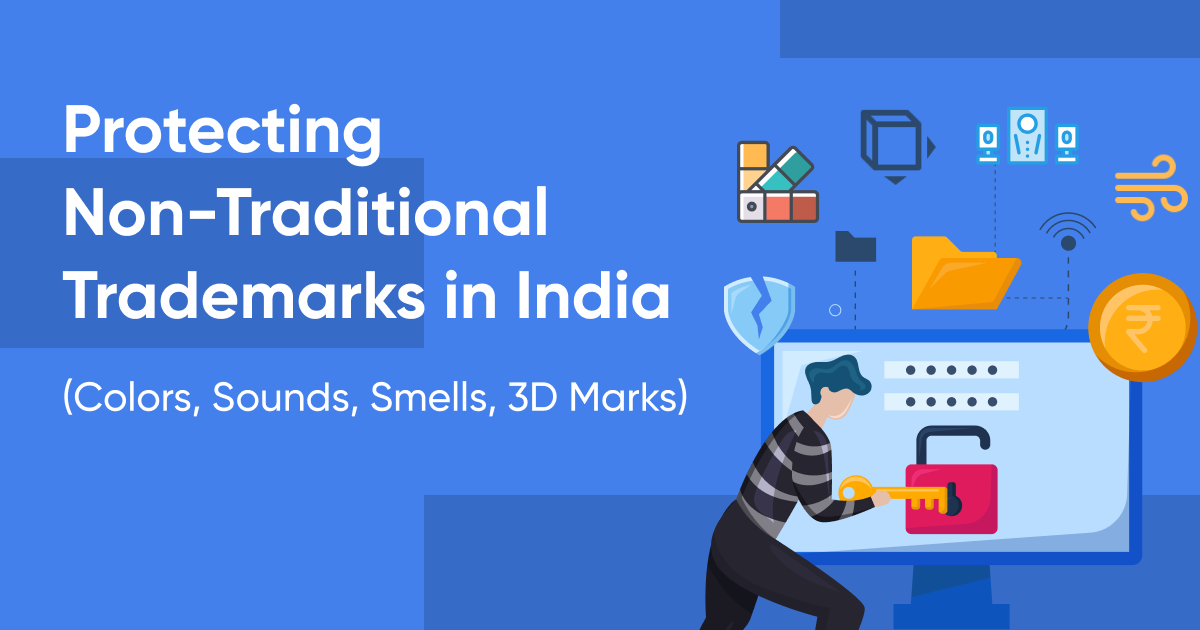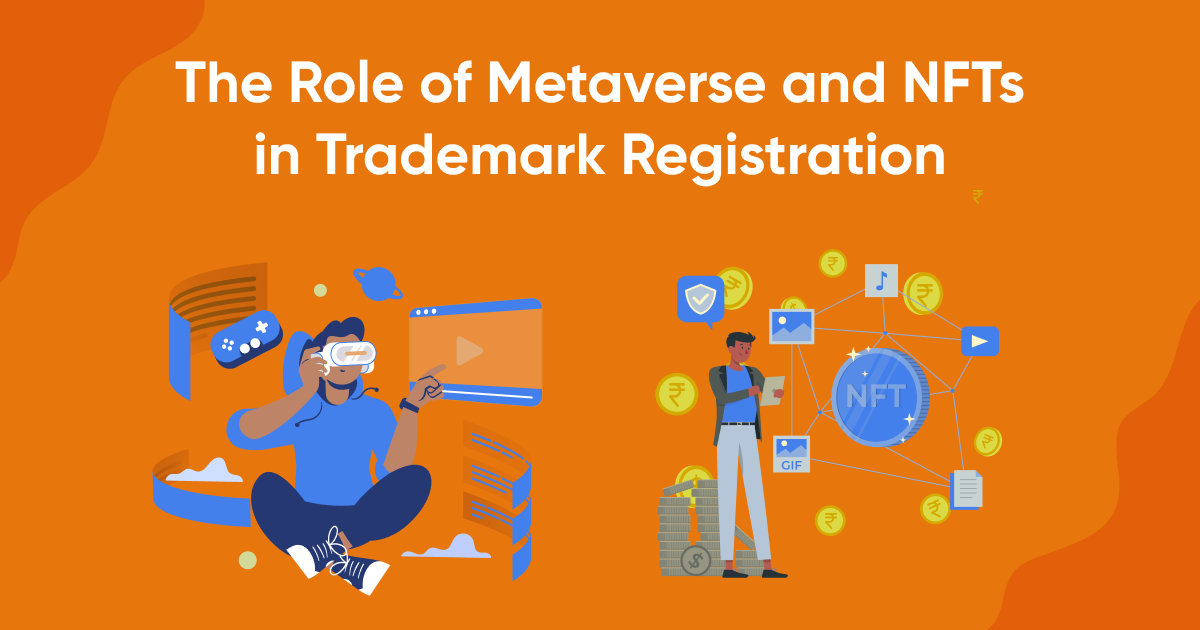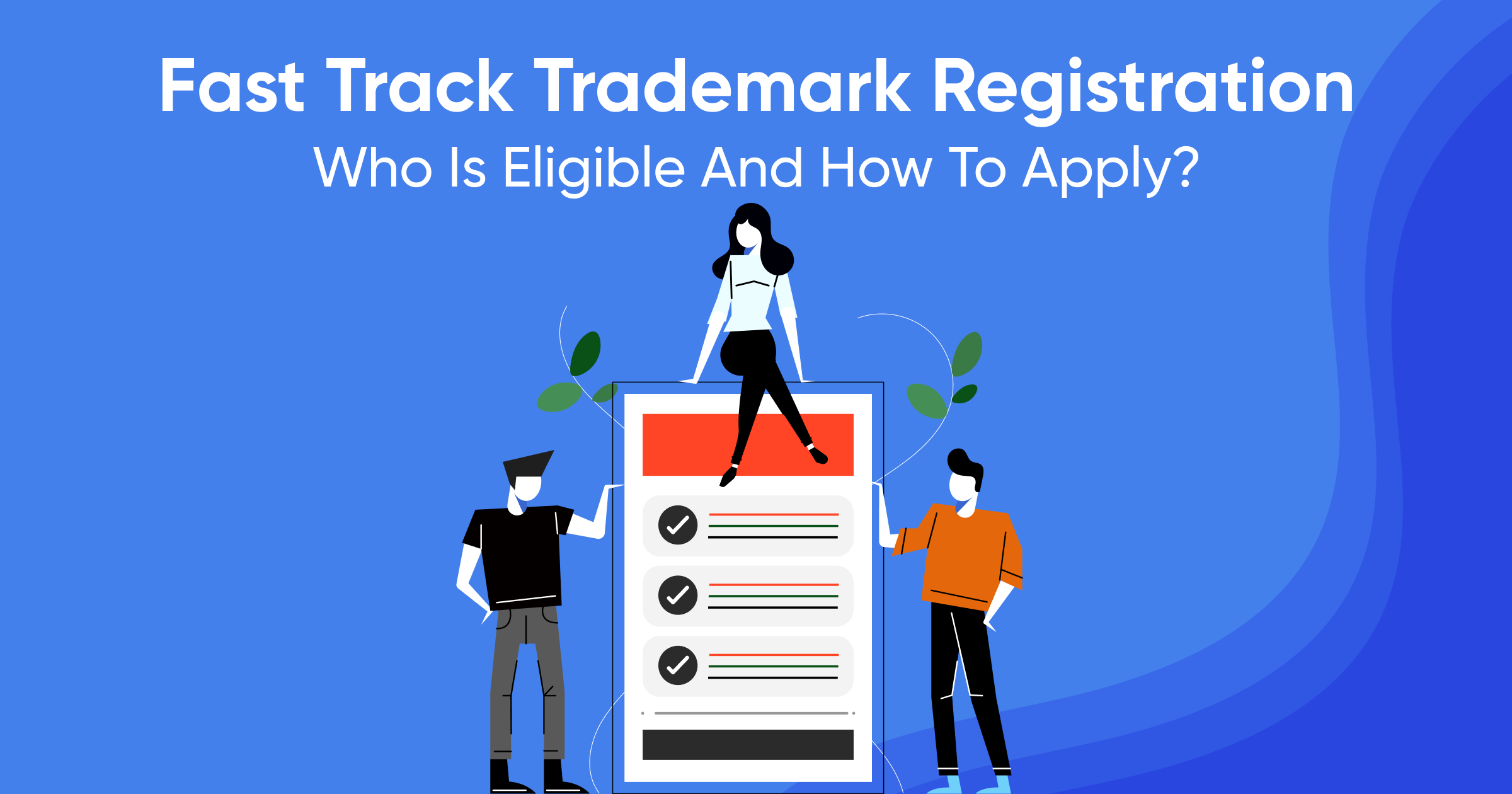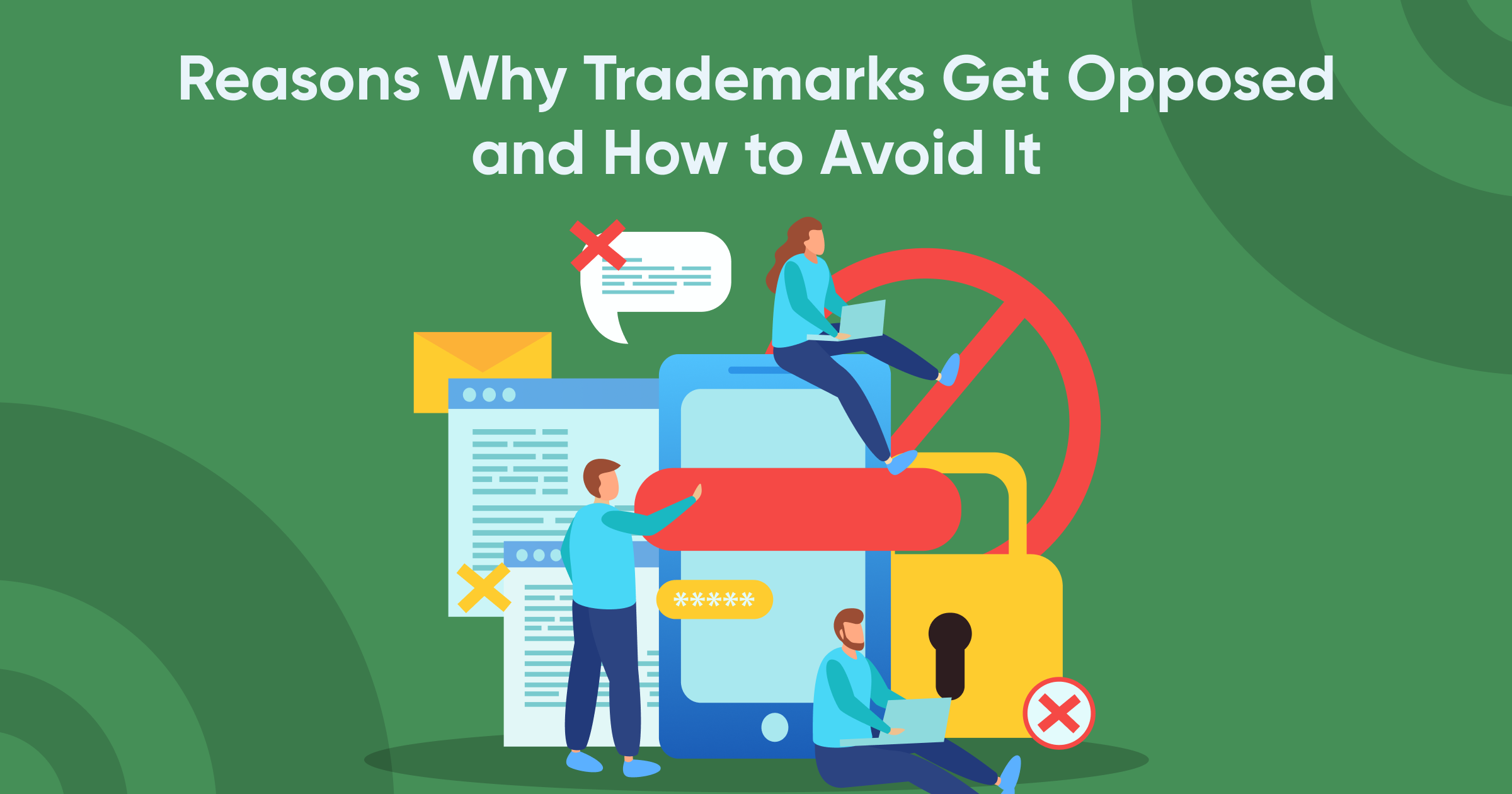In today's digital age, Artificial Intelligence (AI) is revolutionizing various fields, including writing. With AI's growing capabilities, many people are curious about the legal aspects of publishing books written by AI. This blog will explore the copyright implications and legal considerations of AI-generated content, providing a comprehensive understanding of the subject.
Understanding Copyright: What Does It Protect?
Before delving into the specifics of AI-generated content, it's essential to understand what copyright protects. Copyright safeguards the original expression of ideas, not the ideas themselves. This means that while the specific way something is written or created can be protected, the underlying concept cannot. For example, a book about a detective solving a mystery is not protected by copyright, but the unique expression of that story—the specific characters, dialogue, and plot twists—is protected.
Can Ideas Be Copyrighted?
No, ideas themselves cannot be copyrighted. Copyright law is designed to protect the expression of ideas, not the ideas themselves. This distinction is crucial in understanding how AI-generated content fits into copyright law. For instance, if an AI generates a plot idea, that idea is not protected by copyright. However, if the AI produces a complete written story, the specific expression of that idea may be eligible for protection, subject to legal nuances.
Copyright Registration in India
In India, copyright protection is granted to original works of authorship, including literary works, artistic works, and musical compositions. To register a copyright, the work must be original and created by a human author. This process involves submitting an application with details of the work and proof of originality to the Copyright Office. The protection begins from the moment the work is created and fixed in a tangible medium, such as a written manuscript.
The Challenge of AI-Generated Content
AI-generated content presents a unique challenge to traditional copyright laws. Since AI lacks human authorship, it does not fit neatly into existing legal frameworks. According to current copyright laws, only humans can be considered authors. Therefore, AI-generated content does not automatically receive copyright protection. This lack of protection raises questions about the ownership and usage rights of such content.
Who Owns Copyright in Works Created by Artificial Intelligence?
One of the most pressing questions is who owns the copyright in works created by AI. Since AI itself cannot be an author, the copyright does not vest in the AI. Instead, the person or entity that uses the AI to create the work may hold certain rights, but these are not equivalent to traditional copyright. For example, a company that uses AI to generate a marketing copy might have a contractual right to use the content, but it would not have copyright protection in the traditional sense.
Is It Legal to Publish a Book Written by AI?
Publishing a book written by AI is legal, but there are important considerations. Since AI-generated content does not have traditional copyright protection, it is crucial to clearly define ownership and usage rights. Authors and publishers should consider using contracts to outline these rights and protect their interests. These contracts should specify who has the right to use, distribute, and profit from the content. Without such agreements, there could be disputes over the use of AI-generated works.
Monetizing AI-Generated Content
AI-generated content can be monetized in various ways, including on platforms like YouTube. However, it is important to ensure that the content does not infringe on existing copyrights and complies with platform policies. Creators should also be transparent about the use of AI in generating content to maintain trust with their audience. Transparency can help avoid potential legal issues and build credibility with viewers.
Frequently Asked Questions (FAQs)
What does copyright protect?
Copyright protects the original expression of ideas, including literary, musical, and artistic works, but not the ideas themselves.
Can ideas be copyrighted?
No, only the expression of ideas can be copyrighted, not the ideas themselves.
How can I register copyright in India?
To register a copyright in India, you need to submit an application with details of the work and proof of originality to the Copyright Office. For more information on copyright registration and protection, visit trademarkia.in.
Who owns the copyright in AI-generated works?
Currently, AI-generated works do not have traditional copyright protection. The user or developer of the AI may hold certain rights.
Is it legal to publish a book written by AI?
Yes, it is legal, but it is important to clearly define ownership and usage rights through contracts, as AI-generated content does not receive traditional copyright protection.
Conclusion
The rise of AI in content creation poses new challenges and opportunities in copyright law. While it is legal to publish AI-written books, understanding and navigating the copyright implications is crucial.
The future of AI-generated content is still unfolding, and legal frameworks will need to adapt to address these new realities. As AI technology continues to evolve, staying informed about legal developments and seeking expert advice will be key to successfully leveraging AI in creative endeavors.
